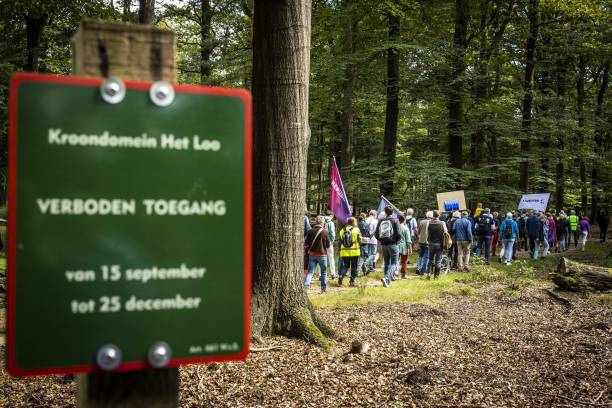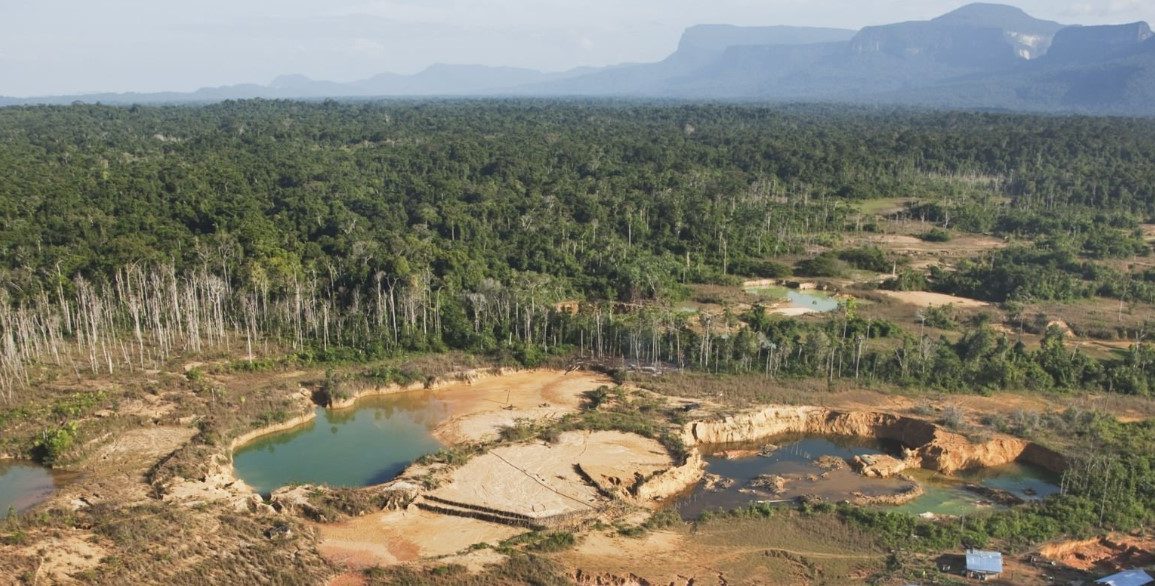A recent analysis has revealed that global spending on environmentally harmful subsidies now exceeds $2.6 trillion annually. These subsidies, provided by governments worldwide, are contributing to global warming and environmental degradation.
The report, conducted by Earth Track, highlights that these subsidies directly oppose the goals set in the 2015 Paris Agreement and the 2022 Kunming-Montreal Biodiversity Agreement.
Fossil fuel consumption, deforestation, and pollution are being supported through tax breaks, direct subsidies, and other forms of financial aid.
Examples include subsidies for large fishing vessels, petrol, synthetic fertilizers, and monoculture farming.
The study found that since 2022, harmful subsidies have increased by $800 billion, largely due to the war in Ukraine, which spurred a sharp rise in fossil fuel subsidies.

Christiana Figueres, former head of the UN Climate Change Secretariat, expressed concern over the lack of progress in reducing these subsidies, warning that they pose a significant threat to environmental resilience.
She emphasized the urgency for governments to align their policies with environmental goals, noting that the current funding of nature’s destruction undermines efforts to combat climate change and biodiversity loss.
Despite promises made under the Kunming-Montreal biodiversity agreement, much of the $2.6 trillion could be redirected to support nature-positive initiatives.
Experts Doug Koplow and Ronald Steenblik suggest that the true scale of these harmful subsidies may be underestimated, as many governments lack accurate data.
Governments are expected to address this issue at the upcoming COP16 in Colombia. Leaders are urged to fulfill their commitments to repurpose at least $500 billion in subsidies annually by 2030 to mitigate environmental damage and foster a sustainable future.

